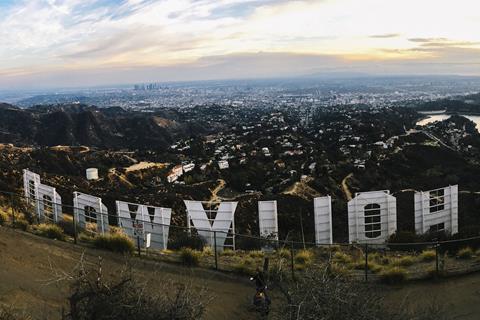
SAG-AFTRA called on members to strike against major video game companies on Thursday after negotiations collapsed over AI concerns.
The latest round of industrial action by the union, which follows last year’s prolonged strike which traumatised the industry, comes after more than a year and a half of talks centring on the Interactive Media Agreement.
The union wants a new agreement to protect members’ voice and performance capture work, among other issues. The contract expired in November 2022 and the parties have operated under month-to-month agreements sicne then. Last year more than 30,000 SAG-AFTRA’s members authorised a strike vote.
“We’re not going to consent to a contract that allows companies to abuse A.I. to the detriment of our members,” said SAG-AFTRA president Fran Drescher.
“Enough is enough. When these companies get serious about offering an agreement our members can live – and work – with, we will be here, ready to negotiate.”
Duncan Crabtree-Ireland, the union’s national executive director and chief negotiator who became a household name in the entertainment industry during last year’s work stoppage, added: “Frankly, it’s stunning that these video game studios haven’t learned anything from the lessons of last year – that our members can and will stand up and demand fair and equitable treatment with respect to A.I., and the public supports us in that.”
The union has been negotiating with Activision Productions Inc., Blindlight LLC, Disney Character Voices Inc., Electronic Arts Productions Inc., and WB Games Inc., among others.
A statement issued on behalf of the video game producers involved in the negotiations said: “We are disappointed the union has chosen to walk away when we are so close to a deal, and we remain prepared to resume negotiations.
“We have already found common ground on 24 out of 25 proposals, including historic wage increases and additional safety provisions. Our offer is directly responsive to SAG-AFTRA’s concerns and extends meaningful AI protections that include requiring consent and fair compensation to all performers working under the IMA. These terms are among the strongest in the entertainment industry.”























No comments yet